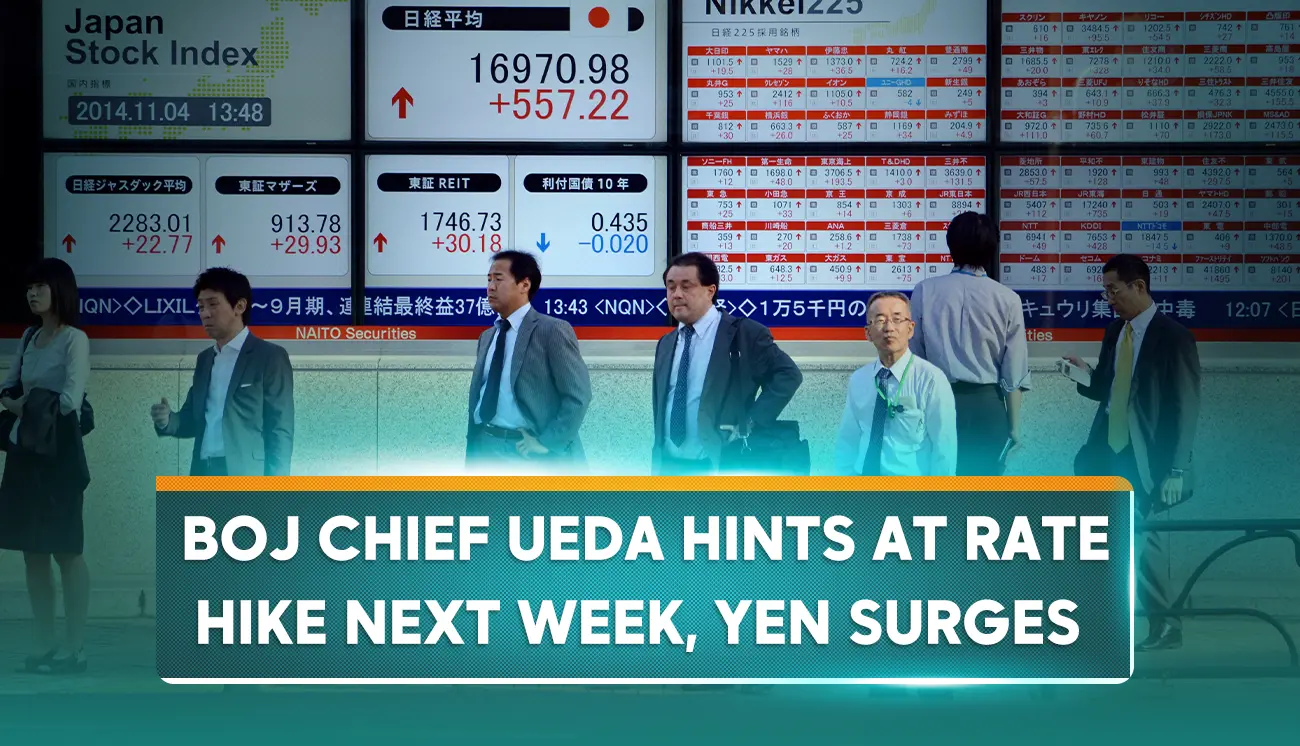The Bank of Japan (BOJ) will discuss the possibility of raising interest rates at its next policy meeting on January 23-24, according to Governor Kazuo Ueda. He emphasized that, barring any major market disruptions linked to U.S. President Donald Trump’s economic policies, the BOJ plans to increase rates if Japan’s economic and price conditions continue to improve. His comments, which mirrored remarks from BOJ Deputy Governor Ryozo Himino, led to a 0.5% rise in the yen against the dollar, and a spike in two-year Japanese government bond yields.
Ueda indicated that the timing of any rate hike depends on several factors, particularly U.S. policy and Japan’s wage negotiations. He noted a positive outlook on wages, with recent discussions suggesting that wage hikes were becoming more widespread across different sectors. This signals that Japan’s economy may be on track for sustained growth, justifying a rate increase. The BOJ is expected to finalize its stance on January 23-24, based on detailed data analysis and its quarterly outlook report.
Market expectations had been split between a January or March rate hike. Analysts had previously anticipated that the BOJ could raise rates to 0.5% by March, but some have expressed caution, given the potential for volatility in financial markets following Trump’s inauguration. While Ueda remains optimistic about Japan’s wage outlook, he highlighted that the main risk to a rate hike would be an unforeseen market shock triggered by Trump’s policies.
The BOJ has already ended its negative interest rates and raised its short-term rate target to 0.25% in July, as Japan moves closer to meeting its 2% inflation target. There are growing signs that companies will continue raising wages to address labor shortages, which could lead to further price hikes. With the potential for rising inflation, the BOJ may revise its price forecasts in the near future.
UBS economists predict a rate hike to 0.5% next week, provided there is no significant market disruption. However, they caution that any sharp market turmoil after Trump’s inauguration could delay the BOJ’s decision.





